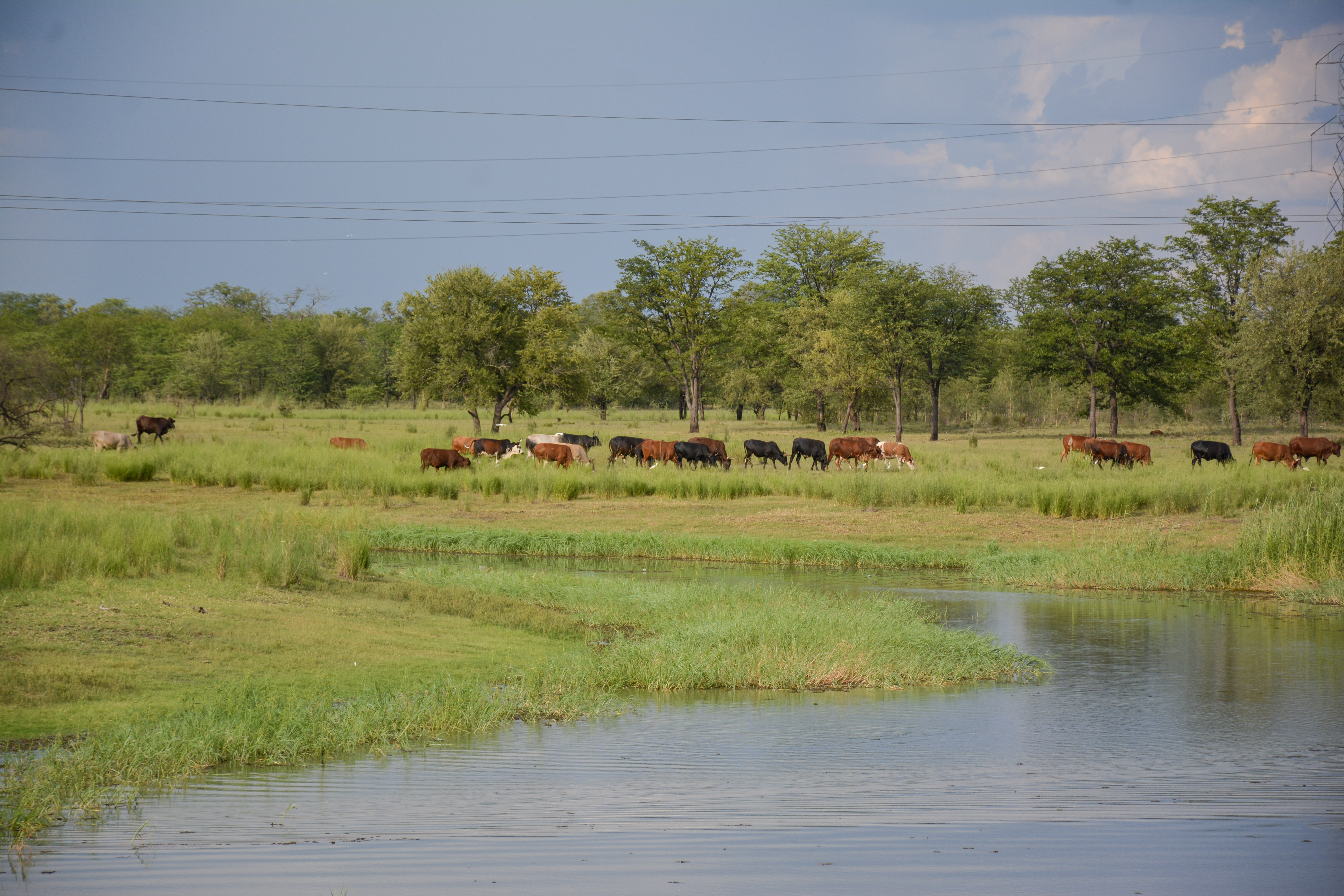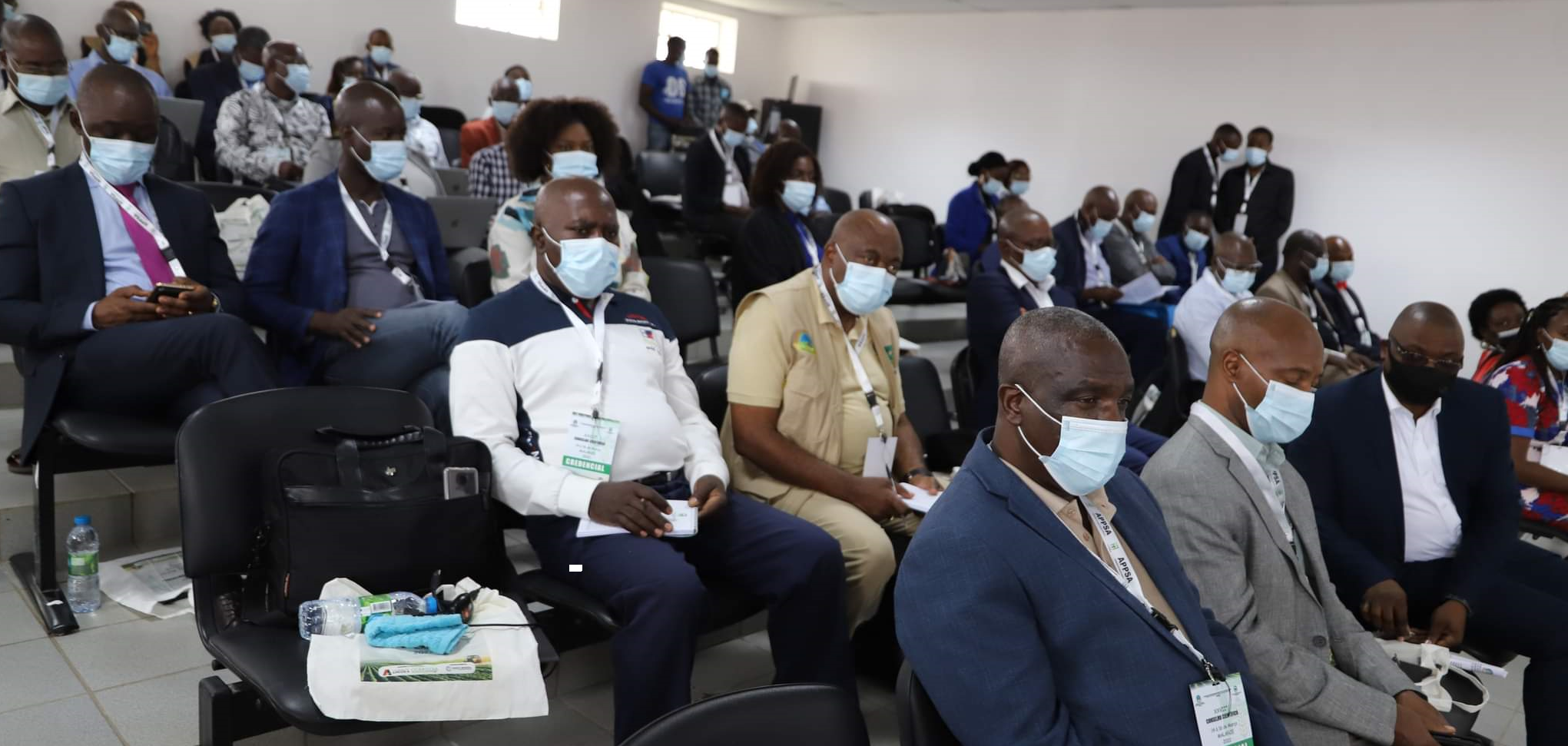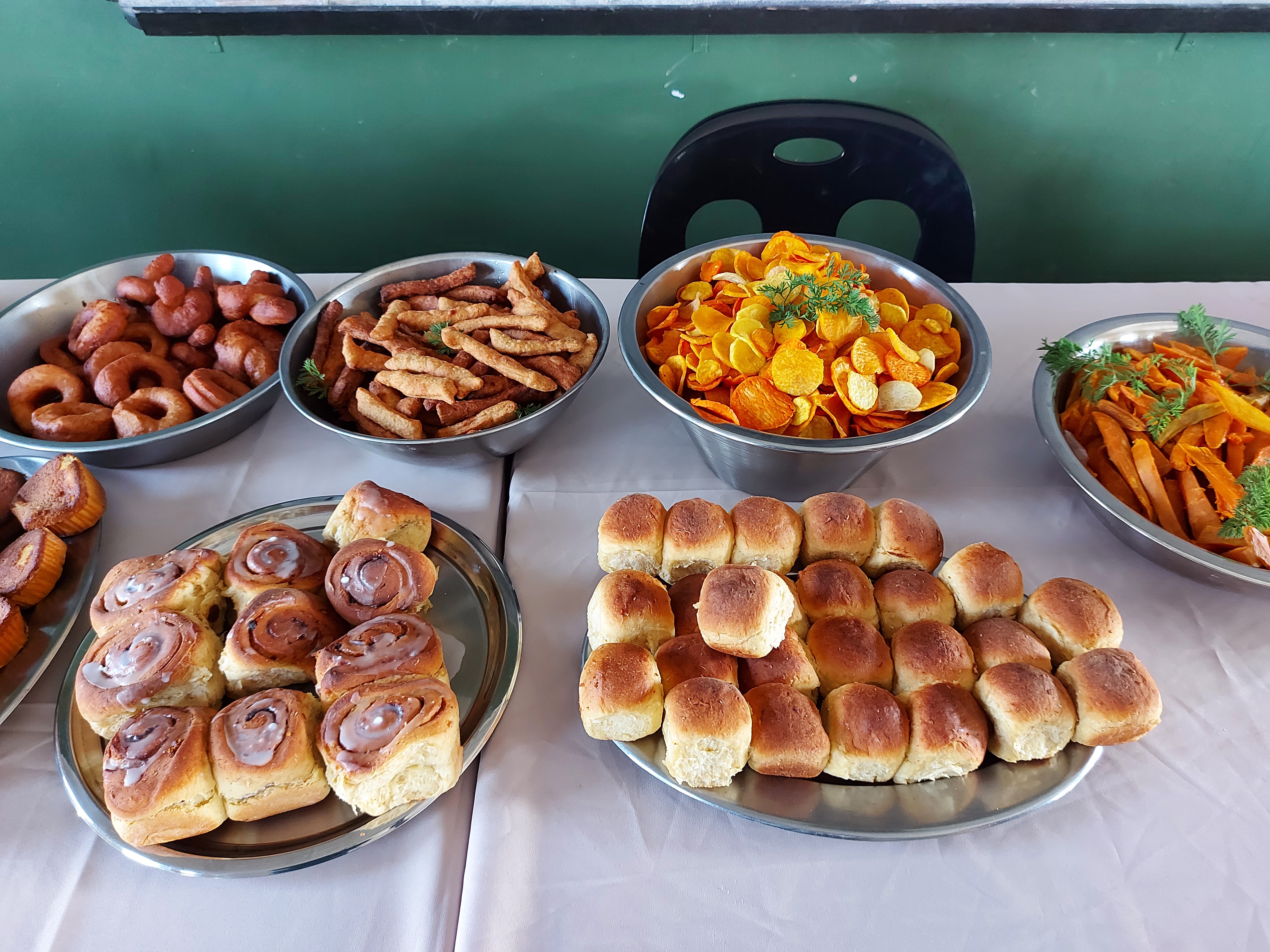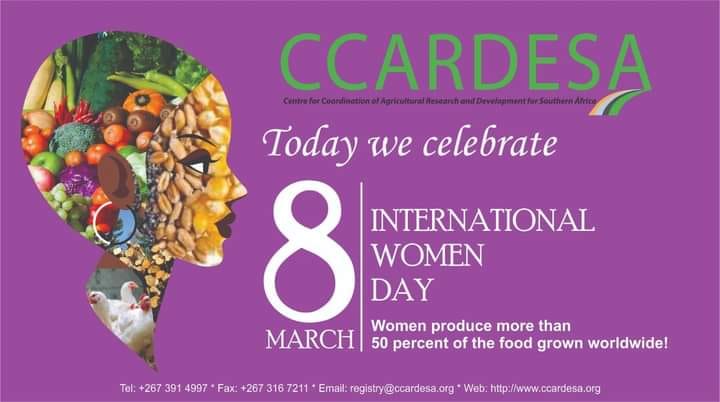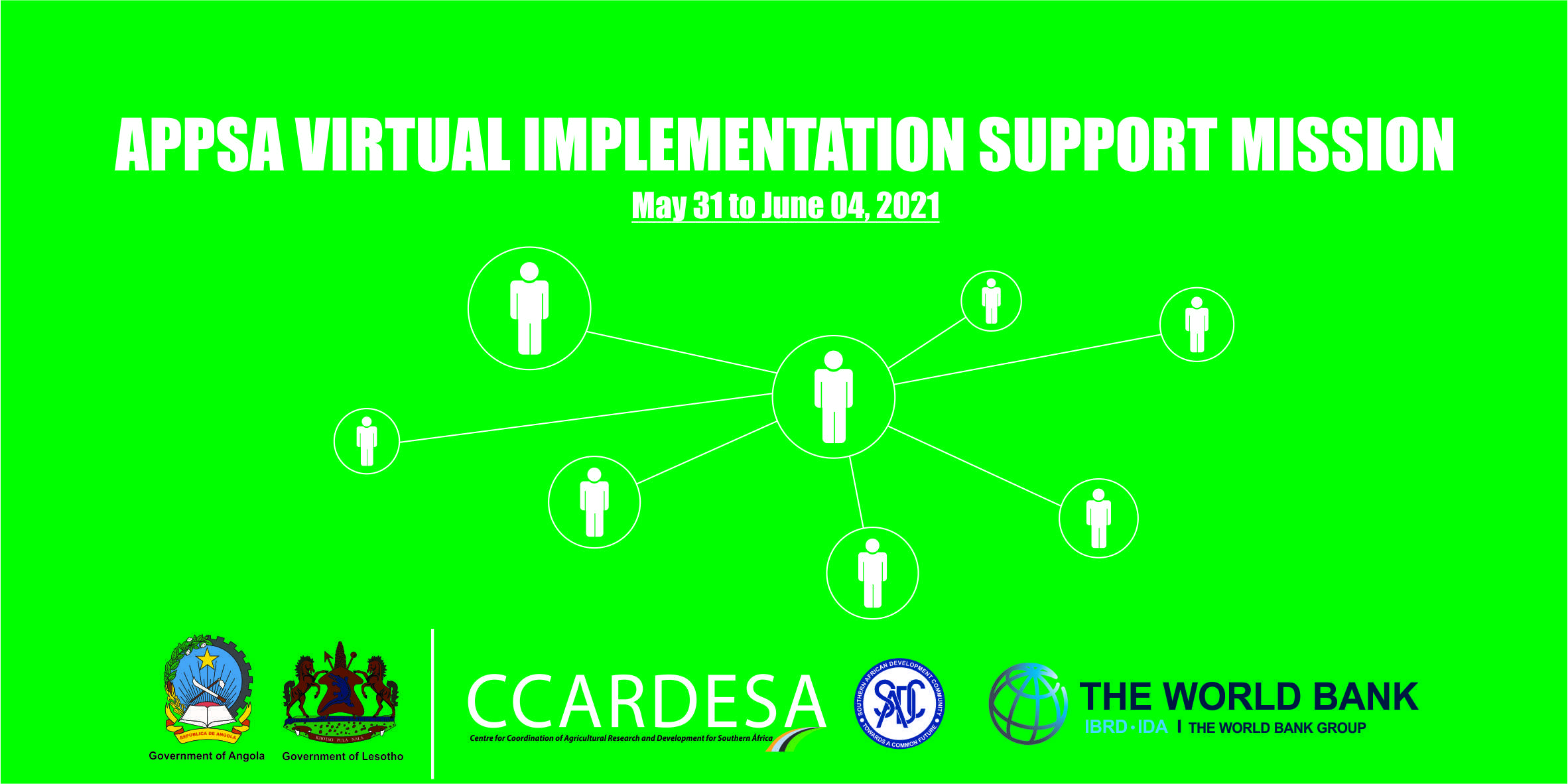Co-authors
Dr. Klaus Droppelmann; Peggy Günther; Franziska Kamm; Ulrike Rippke; Carolin Voigt; Bartosz Walenda
Description/Abstract
Cassava is the second-most important staple food crop after maize in Malawi. The availability of different varieties of cassava allow for both commercial use and household consumption of cassava to hedge against food insecurity. Malawi is prone to drought due to climate change vulnerability, poor agricultural practices and high population growth making cassava, a drought-resistant crop, an attrac- tive option.
This study sets out to answer the question of whether cassava is, indeed, the 21st century crop for smallholders. The focus lies on smallholder production sys- tems in Nkhotakota District on the shores of Lake Malawi and in the rural vicinity of Lilongwe, the capital city. A nexus between the household asset endowments of smallholder farmers and their participation in the value chain was examined to identify root causes of the supply-demand mismatch and to formulate recom- mendations for effective value chain development. A partial value chain analysis has been conducted to account for the participation of smallholders in the value chain. We chose a structural analysis over an economic analysis, as prices are high- ly volatile in the informal markets of Malawi and notoriously difficult to solicit from actors. Since the responsibility for the production of food and cash crops falls broadly along gender lines within a household, gender aspects take a central role in our research. All our instruments included gender differentiated elements.






